Floods, climate change and animal agriculture
Published 10 March 2022
The recent Australian floods in New South Wales and Queensland have taken a devastating toll on local communities. Unprecedented rainfall, exacerbated by the effects of climate change, has affected not only humans but also thousands of animals used in farming and agriculture.

Lismore-based large animal vet Bruno Ros told the ABC that hundreds of animals had been left to suffer and starve (a conservative estimate that likely does not include chicken and egg farming). He had borrowed boats and received help from private helicopter companies to reach stranded animals, rescuing horses and cows and dropping feed to those who were unreachable. Dr Ros said he was furious about the “pathetic” response by local and state agricultural authorities.
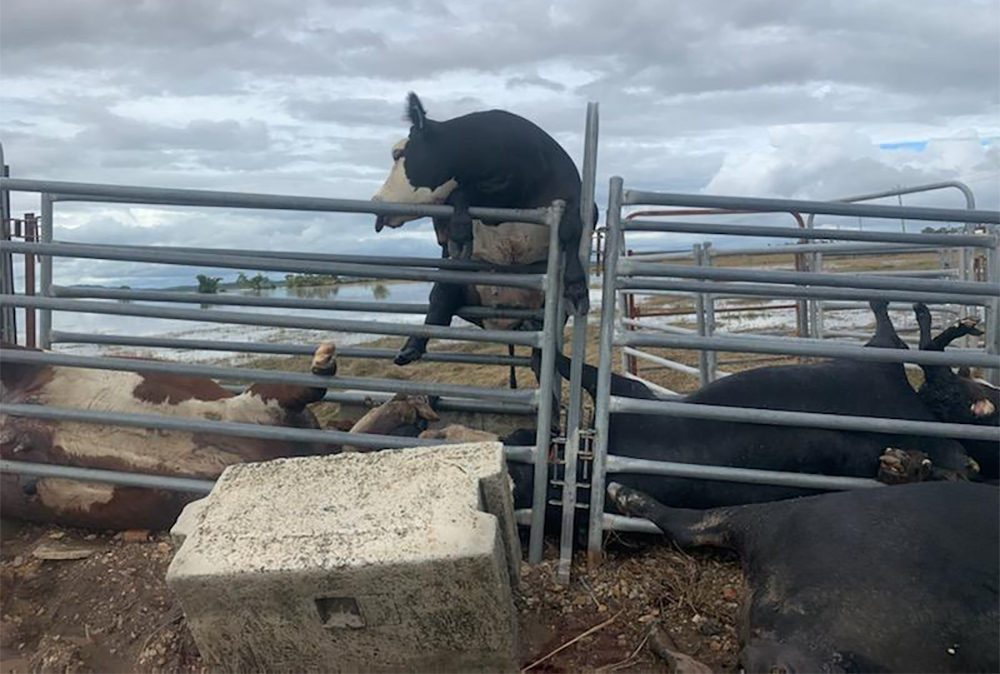
Flooding and the influence of climate change
Ben Domensino, a meteorologist at Weatherzone, stated that while several features in the atmosphere combined to deliver the rain, climate change likely made the event worse.
“Given climate change is a background to all weather events, it’s hard to say that it does not play a role,” he said. “We know the oceans are getting warmer and that puts more moisture in the atmosphere, and a warmer atmosphere can hold more moisture.”
Making the connection
As it turns out, there is a very clear connection between reducing the likelihood and impact of flooding events AND preventing the subsequent suffering of animals used in farming and animal agriculture.
Calculated using a 20-year time frame, our domestic agricultural industry actually contributes around 54% of Australia’s total greenhouse gas emissions. Heat generating emissions from land clearing (for pasture), enteric fermentation (cow belching and breathing), burning savannah, manure, and livestock production generates 83% of all Australian agricultural emissions (p 45). Therefore, animal agriculture, by far, contributes the most to all agricultural emissions in Australia, which in turn, account for more than half of ALL greenhouse gas emissions in Australia! (see our article “Earth’s biggest threat” for more detail)
How you can help
It is clear that a switch to a 100% plant-based (vegan) diet and a move away from animal agriculture is the most effective way to combat climate change. The death and suffering of billions of animals, like those caught up in the recent floods, is completely preventable.
Our Free 30 Day Vegan Easy Challenge makes it simple, with a dietitian-approved menu emailed to you daily, along with tips and information to remove all of the guesswork.
Recent News
-
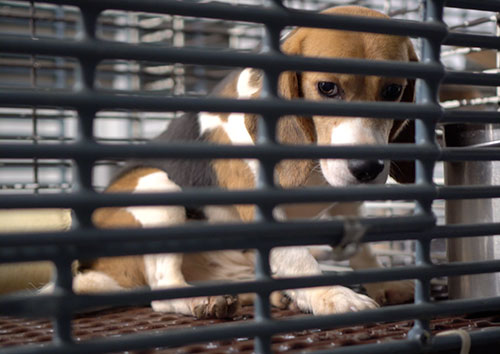
Bred to Suffer
Charges were dropped for activists, but an American beagle facility is still abusing dogs.
-
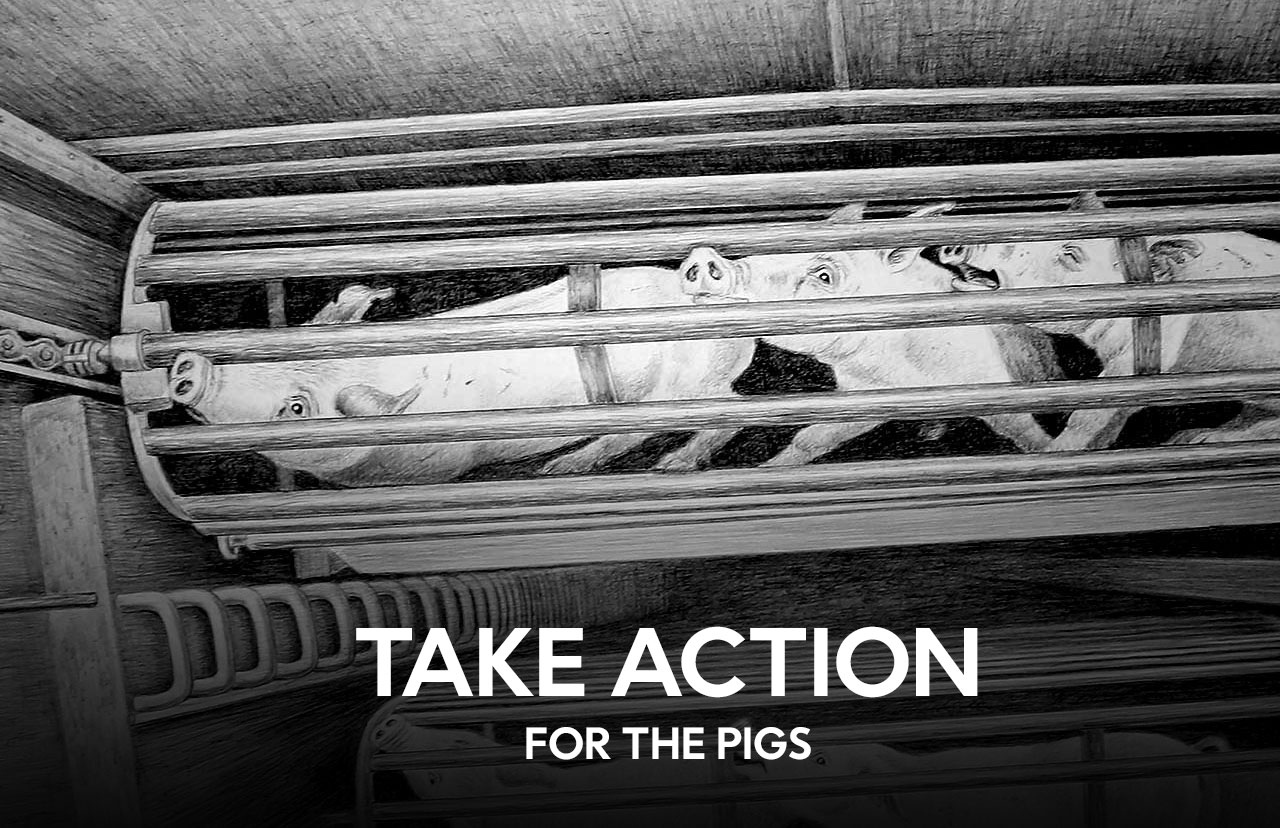
Pigs need your help now!
URGENT - the Victorian Government has set up a Parliamentary Inquiry into the welfare of pigs in Victoria. YOU now have a platform to speak up for pigs. To stand beside them and say NO to the brutal existence and excruciating deaths in gas chambers we force upon them.
-
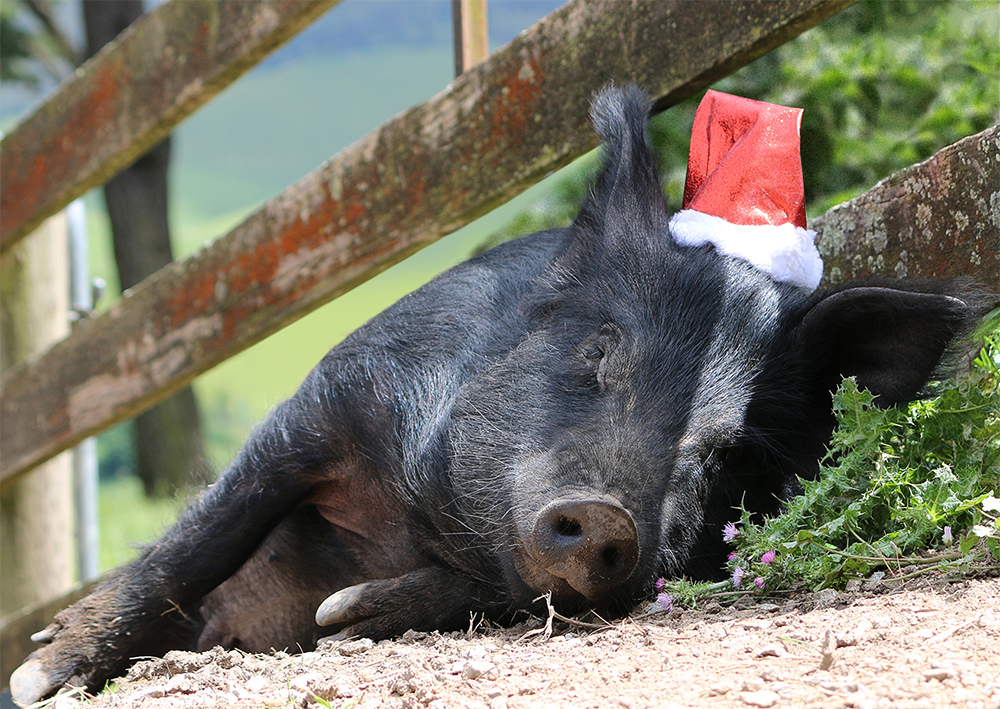
Vegan Christmas Guide
Christmas, at its best, is a time to gather with loved ones and for advancing peace and goodwill.
-
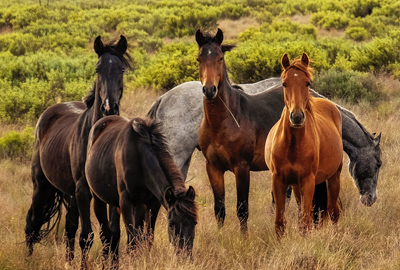
Wild horses facing mass slaughter
Mares in foal and mares with foals at foot, to face a mass slaughter in August.
-
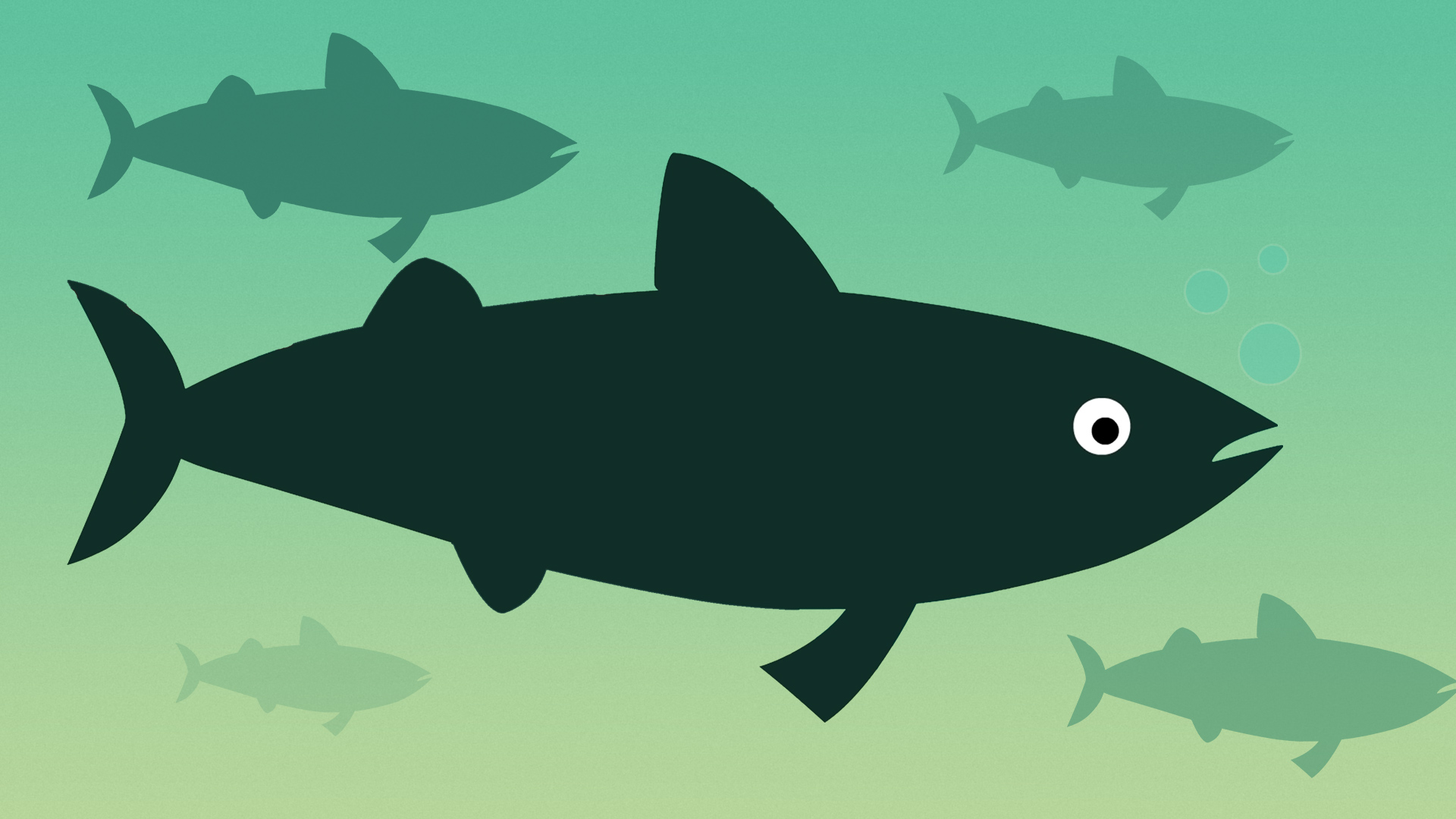
Farmed fish are depressed
On World Day for the End of Fishing, we're launching an animation about fish who are subjected to aquaculture.
-
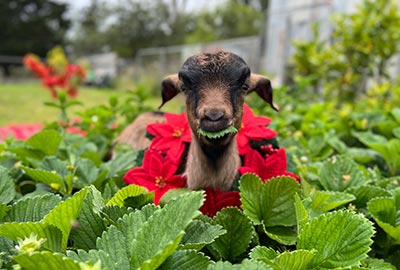
Liberation Sanctuary Update Christmas 2021
It's been a busy year at ALV's Liberation Sanctuary.
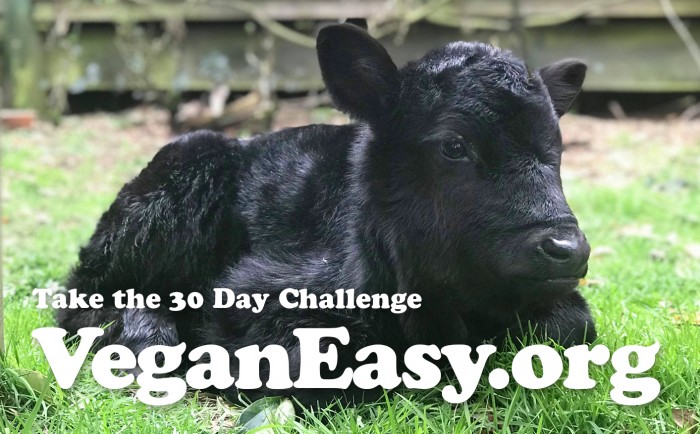
Leave a Comment